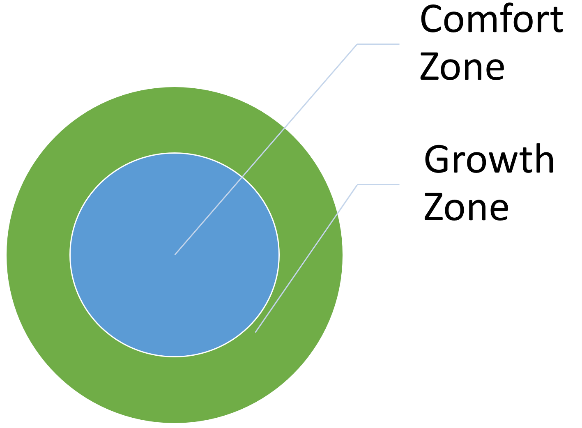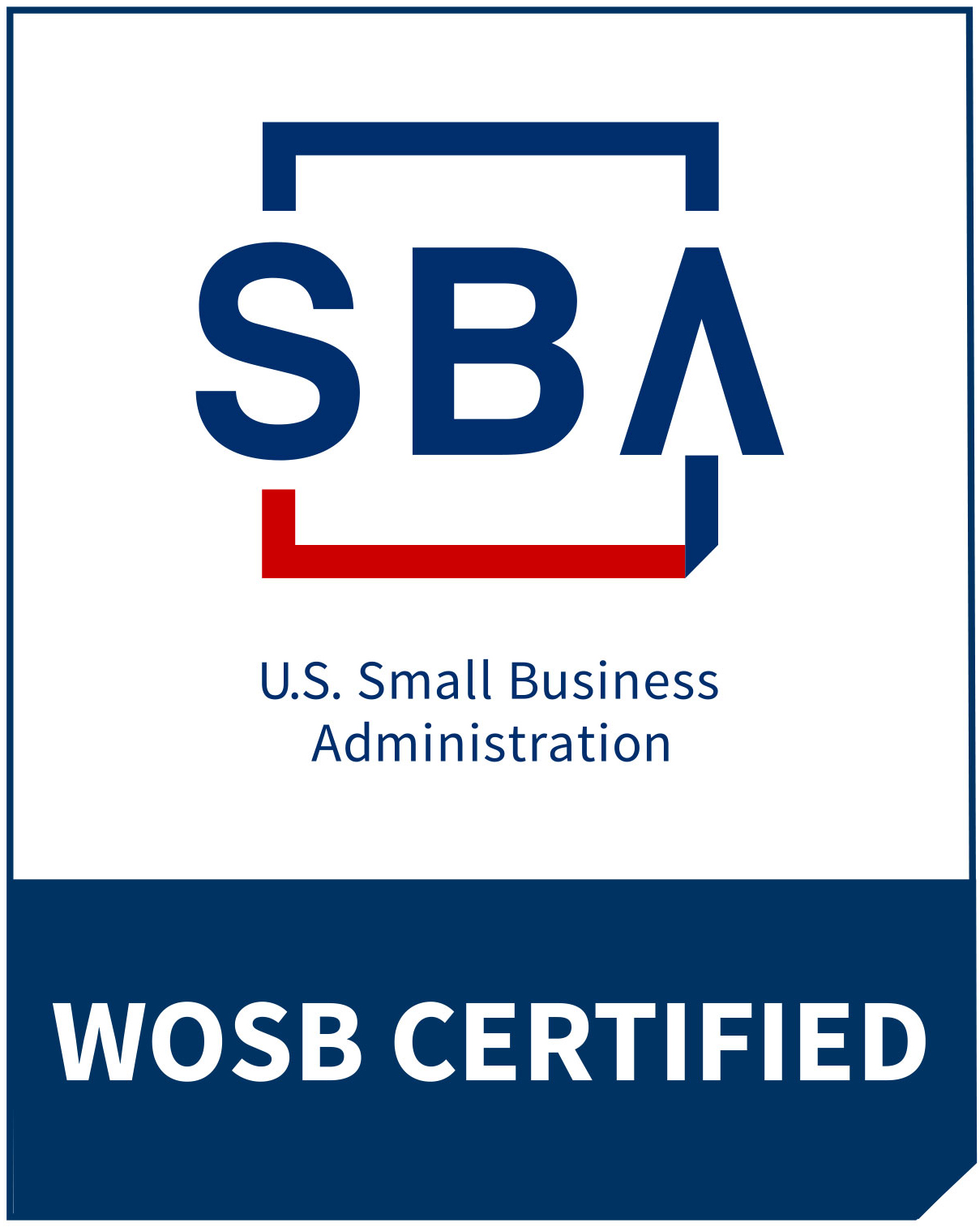Everyone had been going left off the starting line. However, we were over early, and had to start late, so I decided we should go right. It was our only chance to gain leverage and try to catch up. These were short races of four boats each, sailed off the dock at San Diego Yacht Club at their Women’s Winter Invitational last month.

About halfway up the course, we got a header. All day, everyone else who was on the right had kept digging into the header to have a lift on their final approach to the mark. I decided we should tack on the header.
On shore, the commentator, local San Diegan Craig Leweck, publisher and editor of Scuttlebutt Sailing News, asked why in the world we had made this move. A few minutes later, he and everyone else who was now watching on shore, realized why. We were converging with two other boats, and we were on the favored tack, which put us ahead of them.

Our two “renegade” tacks had put us in second place. If we had just “followed the pack” and done what everyone else had been doing all day, we would have stayed solidly in fourth place.
There are times when breaking the rules is the right thing to do.
The Comfort Zone
Often, when we think of the “Comfort Zone,” we think of positives. After all, it is called the “comfort” zone. It conjures thoughts of being warm, fuzzy, soft, and safe.

However, there can be things in the comfort zone that are like comfort food. They feel good, all Mac and Cheese-y, but they are not good for you – in the same way that too much cholesterol and fat is not good for the body. They may be familiar patterns, which is why they are comfortable, but they are not good for you.
After all, the comfort zone is that area where we stay, or retreat, instead of going into the “Growth Zone.” These “false comforts” may be negative self-talk patterns, dysfunctional relationships, sabotaging behaviors, or addictions (or more!). Getting out of these behavior “ruts” takes a lot of courage and often, some discipline.
Breaking the Rules
After the first race where we surprised everyone, we continued to get more aggressive tactically. It had two positive outcomes – we usually improved our finishes, and we most certainly had more exciting races. We were quick to congratulate our competition and were usually rewarded with big smiles from competitive women who had enjoyed the chance to mix things up a bit more than they had been.

I have been a rule breaker most of my life. I was called a “renegade” when I taught Outward Bound (which is an experiential organization to begin with). I left the Catholic Church, to the great displeasure of the Catholic side of my family. I left the corporate world to start my first business in 2003. I pulled my children out of the mainstream school system to not only home school them, but to “unschool” them at first.
I have broken a lot of “unwritten rules.” Unwritten rules can be societal or self-imposed. I have not done any of these lightly or quickly. It was not easy or popular to make these decisions. And I would not be as happy or as fulfilled, or as fully immersed in the growth zone, if I had not broken these rules (and more!).
What rules are you following, in your personal or professional life, that are keeping you out of the growth zone? What rules are you or your organization following that are hampering you? What patterns or behaviors are sabotaging you or your company?
Uncharted Territory
There are times in life and business when we face uncharted territory. Our current business climate has vast expanses of uncharted territory: AI, the growing stockpile of empty office buildings the banks don’t want, hybrid workforces, conflicting values among different generations in the workforce, the buildup of dry powder in the private equity sector, and the increasing demand for customer customization are just a few.
If you are a rule follower, or like to follow a playbook, these situations can be paralyzing. The people, companies, and organizations that will come out ahead in this dynamic marketplace will be those that can write their own rules, and successfully navigate these uncharted waters.
Curious to learn more? Contact Oyster Insight, a consulting firm helping high-impact organizations become more strategically agile.



